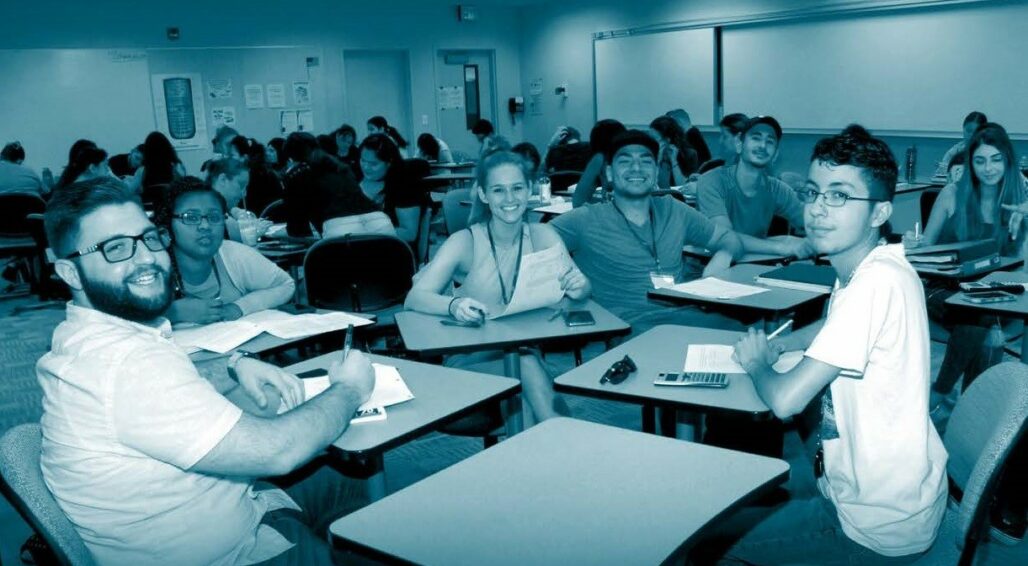Publications & Research
Leading the Way: Cuyamaca College Transforms Math Remediation (2017)

In California, nearly 65% of community college students placed into remedial math courses never complete the math requirements to earn a bachelor’s degree. Traditional remediation sequences have become a significant barrier to college persistence and success—especially for students of color, who are more often designated “unprepared” for college math and assigned to longer remediation sequences than white students.
Recent studies have shown that the standardized tests used to determine math placement are not the best indicators of achievement and the potential for success in college math courses. Parallel research on math pedagogy shows that enrolling students in remedial support alongside college-level math courses increases student mastery and success.
Since 2011, faculty at Cuyamaca College have worked with the California Acceleration Project to replace traditional math remediation sequences with an accelerated Math Pathways program. Cuyamaca focused on three changes to design its accelerated program:
- Taking high school credits and grades into account to place students in math courses
- Replacing one-size-fits-all remediation sequences with math pathways for different majors that include dual enrollment in college-level and support courses
- Shifting math instruction to focus on group problem-solving and collaborative learning
In the first year of the Math Pathways program, the percentage of students who earned transferable math credit within one year increased from 10% to 67%. Gains were made across all demographic groups.
This report from California Acceleration Project discusses how Cuyamaca College implemented these changes, and shares the experiences of Cuyamaca faculty, staff, and students involved in the Math Pathways program.
